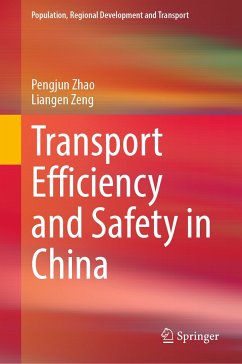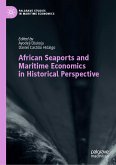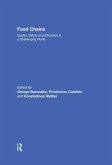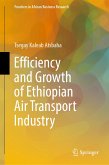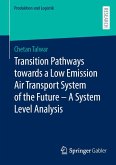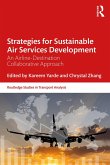The book innovatively employs a DEA model based on Epsilon measures (EBM) to evaluate transport efficiency and an EBM DEA model with undesirable outputs to calculate transport environmental efficiency. The factors of transport efficiency are quantitatively studied, including economic growth, social transition, and technology changes. Also, China's policies aimed at improving transportation efficiency are evaluated.
The theoretical analyses and discussions would enhance our existing knowledge of the changes and determinants of transport system's efficiency in a context of rapid urbanization, industrialization, and marketization in China. The findings ofthe existing policy evaluation would bring fresh evidences for transport policy performances to both scholars and politicians. In particular, it shows policymakers the experiences or lessons of how to create an efficient transport system in order to save energy use, reduce GHGs emissions, and improve social security.
This book is of great interest to scholars interested in sustainable transport, regional planning and development, environmental policy and is relevant to China and other developing countries.
Dieser Download kann aus rechtlichen Gründen nur mit Rechnungsadresse in A, B, BG, CY, CZ, D, DK, EW, E, FIN, F, GR, HR, H, IRL, I, LT, L, LR, M, NL, PL, P, R, S, SLO, SK ausgeliefert werden.

